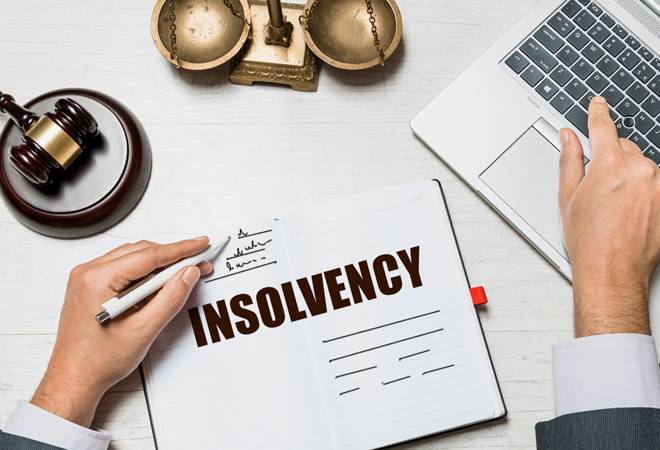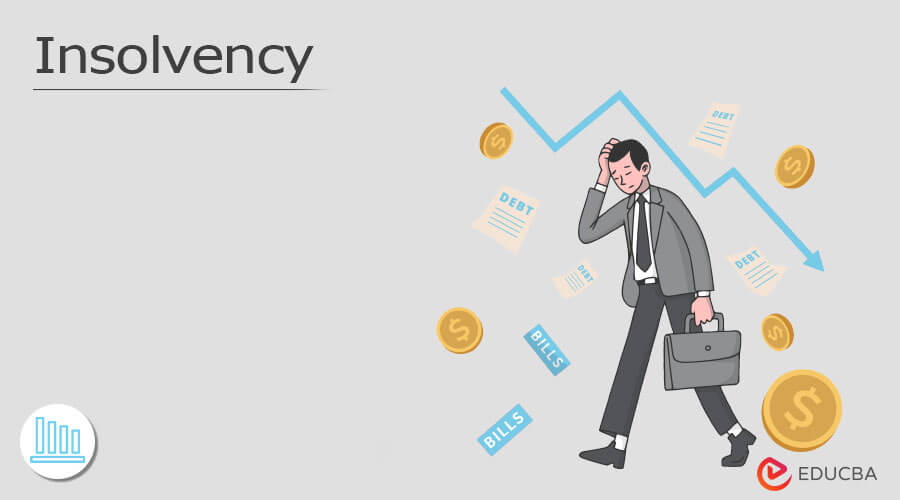All about Insolvency Practitioner
How Insolvency Practitioner can Save You Time, Stress, and Money.
Table of ContentsInsolvency Practitioner Fundamentals ExplainedRumored Buzz on Insolvency PractitionerThe Main Principles Of Insolvency Practitioner The Best Strategy To Use For Insolvency PractitionerRumored Buzz on Insolvency PractitionerInsolvency Practitioner - An OverviewThe Facts About Insolvency Practitioner Revealed
Bankruptcy is when liabilities are higher than the value of the business, or when a debtor can not pay the financial obligations they owe. A company can become bankrupt due to a variety of circumstances that result in poor capital. When confronted with bankruptcy, a business or person can contact lenders straight and restructure debts to pay them off.Company owners may call lenders straight and restructure financial debts into even more manageable installations. Creditors are normally responsive to this strategy because they want to be repaid and stay clear of losses, also if the payment is on a delayed schedule.
Insolvency Practitioner Things To Know Before You Buy
The owner creates a proposal outlining just how the financial obligation may be restructured making use of expense reductions or various other plans for support. The proposition shows lenders exactly how business may create adequate capital for profitable procedures while paying its debts. Commonly, a forgiven financial obligation might be considered earnings by the Irs (INTERNAL REVENUE SERVICE).

Insolvency Practitioner - The Facts
When operations discontinue, so does the firm's income (Insolvency Practitioner). Some business come to be bankrupt because their products or solutions do not evolve to fit customers' changing requirements.
Expenditures exceed incomes and costs stay unpaid. Kinds of bankruptcy include cash-flow insolvency and balance-sheet insolvency. Cash-flow insolvency occurs when a firm has the assets to cover their financial obligations yet they are in the incorrect type, such as realty rather of liquid funds. Balance-sheet insolvency, on the various other hand, suggests an absence of properties in any kind of form to cover financial obligations.
The internal revenue service states that an individual is bankrupt when the overall obligations surpass overall assets. A bankruptcy, on the other hand, is an actual court order that illustrates exactly how a bankrupt individual or service will settle their lenders, or how they will certainly market their properties in order to make the settlements.
The smart Trick of Insolvency Practitioner That Nobody is Talking About

Comprehending the elements that can lead to bankruptcy, such click over here as overspending, can help you protect against insolvency and its consequences.
Insolvency Practitioner Can Be Fun For Anyone
It is well known that directors and policemans of companies (and managers of restricted obligation firms) owe fiduciary duties to their companies and their shareholders (or members). These fiduciary responsibilities are specified by state statutes and, though there are variants from one state to another, they typically include an obligation of loyalty and a responsibility of care.
The obligation of treatment requires directors and policemans to work out persistance, to make informed decisions, and to act in excellent faith so that their activities are in the very best interest of the firm. Though past the extent of this conversation, some states allow these responsibilities to be limited either by so useful source keeping in mind in the organizational files or conforming with other demands.
About Insolvency Practitioner
A lot of states define insolvency in 2 means( 1) when a firm's liabilities end up being higher than the amount of its properties or (2) when the firm becomes incapable to pay its debts as they come to be dueand welcome both interpretations (Insolvency Practitioner). The shift in tasks happens due to the fact that when a company is financially troubled, there is no value in the company beyond that owed to the business's lenders to ensure that the equity owners no much longer have an economic stake in the business
Take care about offering shareholders favoritism at the cost of creditors (e.g., licensing and moneying a returns or a stock redemption). Beware regarding special therapy between classes of investors. Make reasonable initiatives to find out all the realities before taking a certain program of action; directors must genuinely think that any choices made are in the very best interests of the firm in its entirety (i.e., decisions will be examined in knowledge in light of the impact of such actions on the firm).
In any kind of personal bankruptcy or insolvency case, payments made to certain lenders at the expense weblink of other financial institutions can be clawed back, specifically if there is some link between the company and the financial institution. Take into consideration recommending at a yearly investor conference (or any kind of various other meeting of shareholders) a resolution verifying that all previous organization choices and actions taken by the supervisors and officers of the company were taken in excellent belief after an exercise of practical care.
All about Insolvency Practitioner
Totally divulge any kind of personal or service partnerships with parties beyond of transactions involving the corporation to stay clear of the appearance of a conflict of interest. In reviewing possible fund raising purchases or a sale of properties of the struggling firm, know that these purchases may be looked at later because of any kind of subsequent growth of supervisors' fiduciary tasks to consist of lenders.